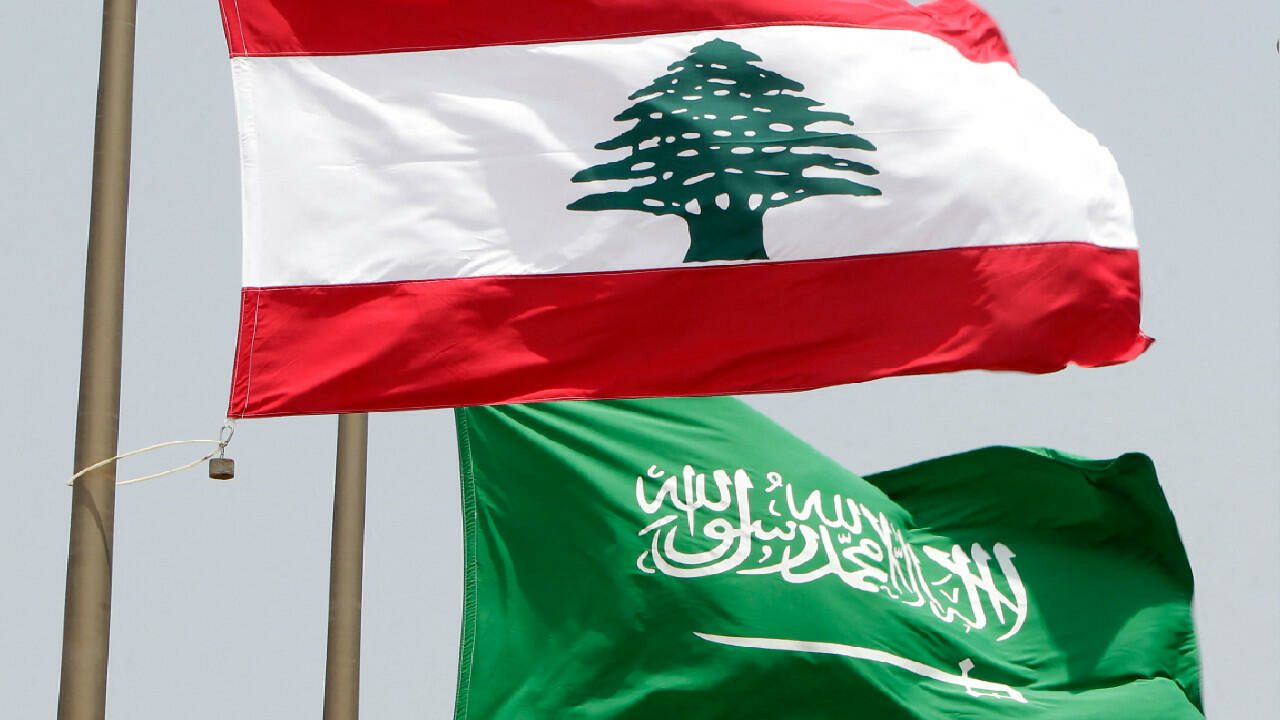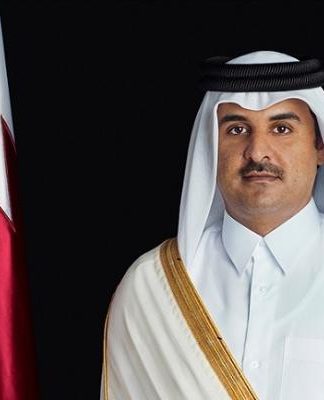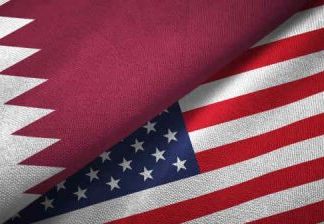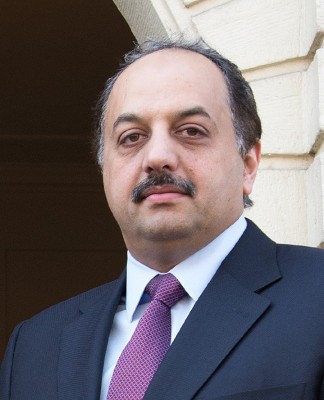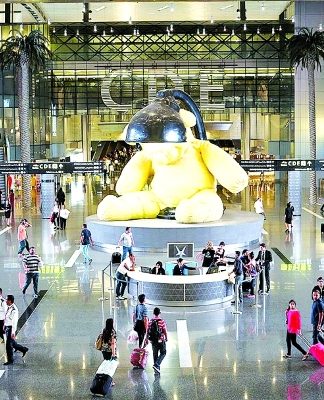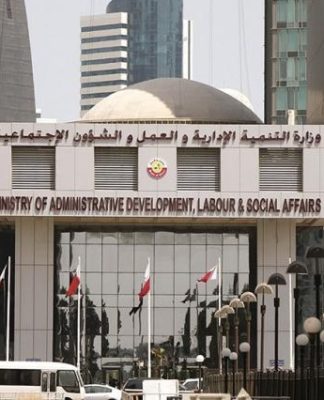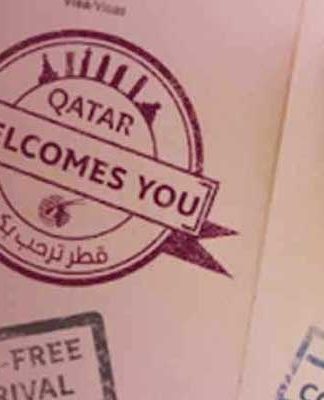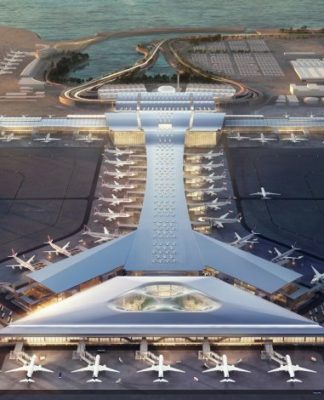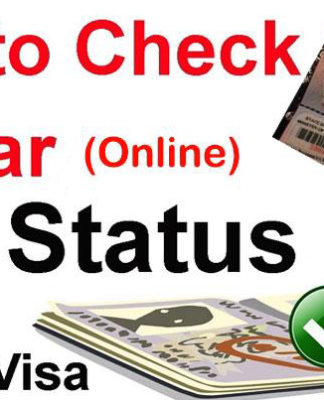What political, economic consequences will Lebanon face over Saudi Arabia row?
Issued on:

A diplomatic row between Lebanon and Saudi Arabia – prompted by a senior Lebanese cabinet minister slamming the Saudi military intervention in Yemen – has raised fears that the Middle East’s geopolitical faultlines will amplify Lebanon’s already acute political and economic crises.
Lebanon urged Saudi Arabia to be receptive to “dialogue” on Monday to resolve the diplomatic crisis between the two countries, amid Riyadh’s anger over Lebanese Information Minister George Kordahi’s description – before he entered government – of Saudi Arabia’s involvement in the war in Yemen as “absurd”.
Saudi Arabia stopped imports from Lebanon on Friday, after recalling its ambassador from Beirut – a move emulated by several Gulf countries – and requesting the departure of the Lebanese ambassador in Riyadh. This sweeping sanction dealt a severe blow to a country already reeling from a severe economic crisis.
Kordahi is backed by Hezbollah and does not intend to resign. Prime Minister Najib Mikati’s recently formed government – already racked by bitter divisions over the inquiry into the August 2020 Beirut explosion – finds itself even more weakened by the diplomatic spat.
FRANCE 24 spoke to Karim Sader, a political consultant specialising in Gulf states, on the causes and consequences of the crisis.
What caused this crisis? And what are its political consequences for Lebanon likely to be?
It’s important to note that relations between Lebanon and Saudi Arabia have not been good since 2016, when President Michel Aoun was elected – in large part due to his alliance with Hezbollah [the political-military Lebanese proxy of Iran, Saudi Arabia’s Shia arch-nemesis].
Riyadh found it hard to stomach the intensifying power and influence Hezbollah exerts in Lebanon, a country in which the kingdom has invested heavily. So in this context the Lebanese cabinet minister’s statement acted as a timely pretext for Crown Prince Mohammed bin Salman [MBS] to bang his fist on the table and call on his Western allies to toughen their stances against Hezbollah.
In his eyes, France and the US have been far too passive and conciliatory vis-à-vis Iranian influence in Lebanon. Hezbollah leaving a strong imprint on the new Lebanese government is a major snub to the Saudis – and that’s not to mention the arrival in Lebanon of tankers of Iranian oil ordered by the Shia party, ignoring the risk of US sanctions.
MBS was even keener to take a hard line because he needs to emerge from his absence on the global stage since the election of US President Joe Biden – most recently illustrated by his declining to attend the G20 summit. Adopting this approach towards Lebanon allows Saudi Arabia to reassert itself in the Middle East – as well as demonstrating that Riyadh wields potent political and economic influence over a country with close connections to the West, France in particular.
The main lever MBS can pull in Lebanon is to destabilise Najib Mikati’s fledgling government, the product of months of painstaking negotiations. France and the US strongly endorsed the creation of this new administration, so they don’t want to see the slightest risk of it being weakened or rumours of the PM’s resignation. But the idea of its collapse has been a frequent topic of conversation in Lebanon since the start of this diplomatic imbroglio.
What are the likely consequences of this fresh crisis for an already battered Lebanese economy?
It’s a terrible context for Lebanon, in great difficulty and deprived of international aid. So Riyadh chose its moment judiciously. Saudi Arabia lost a great deal of influence over Lebanese politics when it broke with the [Sunni] camp of former prime minister Saad Hariri. But the economy is Saudi’s last remaining lever of direct influence over Lebanon.
This diplomatic crisis could cost Lebanon dearly, as it depends on oil from the Gulf states, chiefly Saudi Arabia. Lebanon also depends more than ever on remittances from its diaspora – and a large majority of these expatriates earn money in the Gulf monarchies; nearly 550,000 in total, including almost 350,000 in Saudi Arabia. Lebanon sorely needs those remittances amid the end of international subsidies and the restrictions banks have imposed on dollar withdrawals.
Saudi Arabia’s embargo on imports from Lebanon is also a severe blow; the country could face lost revenue to the tune of $300 million a year. It’s not an exporting country – but 10 percent of what it does export goes to Saudi Arabia. So by striking at Lebanon’s wallet, Saudi Arabia is reminding the country that its complacent attitude to Hezbollah can quite literally cost it dearly.
What possible routes are there out of this crisis?
Saudi Arabia doesn’t want to bring down the Lebanese government because that would alienate its Western allies. Riyadh’s manoeuvre is a product of MBS’s instinctive, impulsive approach – which starts with a bold move followed by de-escalation. Of course, everybody remembers when he forcibly detained Saad Hariri in Saudi Arabia before allowing him to return to Lebanon after French President Emmanuel Macron intervened.
In the current situation, Saudi Arabia has already shown how it can really disturb Lebanon – so one might expect Riyadh to start tempering its stance towards Beirut: First by keeping Lebanese expatriates out of sanctions, because cutting off those remittances would be almost fatal for Lebanon’s economy.
Those expatriates will be voting in Lebanon’s parliamentary elections in March. So Saudi has a big incentive to keep them onside by allowing them to benefit economically and continue to send remittances back.
This article has been translated from the original in French.














